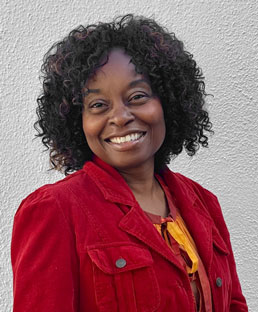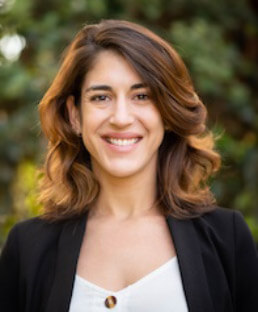If you are a survivor of domestic violence or know someone who is in a domestic violent relationship you might wondered, “Why do I/ they stay in this toxic relationship?” From the outside looking in, it is easy to say, “get out, just leave, don’t go back.” However, the situation is more complex than it seems when in a psychological prison.
The Cycle of Domestic Violence
Often in relationships where domestic violence is an issue, there is a cycle that repeats over and over again. Depending on the relationship, the cycle can take days, weeks, or months. The three phases of the cycle are:
- Tension Building – Verbal abuse may begin, the victim feels like walking on eggshells, victim may try to keep the abuser calm, eventually the situation escalates.
- Explosion – Physical, mental, emotional, and/or sexual abuse begins. The explosion can be unpredictable and triggered by anything.
- Honeymoon – During this phase, the abuser may try to apologize, justify, deny, or downplay the abuse. Abuser may make promises that the abuse will never happen again, explain that they will change, or try to give gifts to make amends. The victim may believe the abuser and may be convinced that it is not necessary to leave the abusive relationship.
Why Leaving Is Difficult
There are many reasons that it could be difficult for an individual in an abusive relationship to leave. Domestic violence is often about power and control, meaning the abuser will often control the money, transportation, resources, and communication with others. It may be that the victim has no resources to leave, nowhere to go, and no one to call for help.
If children are involved, the abuser may threaten to harm the children or threaten to never allow the victim to see the children if the victim leaves. The victim may also be afraid of embarrassment, in some cultures, families, religions, and communities leaving a marriage is frowned upon. The victim may also be afraid of further abuse or even death if caught leaving.
Available Resources
There are many internet resources available. In addition, victims can call the National Domestic Violence Hotline for assistance. Some states have safe houses that are secret and safe. Often these safe houses or shelters are equipped with clothing, food, hygiene products and trained staff to help victims get established. Connecting and engaging with healthy and supportive friends and family could also provide you with more resources to leave.The National Domestic Violence Hotline also can provide information about resources specific to your state.
Healing
Coming out of a relationship with an abusive partner takes time to heal. Some victims go back to their abusers, some struggle to identify their self-worth, and many continue to live in fear. Once safe, seek out a mental health professional who can assist in learning how to cognitively and emotionally heal from the abuse. If you are in a the southern California area, contact Crownview Medical Group to get in touch with a trained medical professional who can offer some guidance.

Dr. Melden earned his Doctorate in Osteopathic Medicine at Philadelphia College Osteopathic Medicine and went to USC Presbyterian Hospital for his residency in Family Medicine. He then completed his Psychiatric residency at the University of California, Irvine and went to UCSD Geropsychiatry pursuing a fellowship. Dr. Melden has over 14 years of experience as a clinician specializing in treating child and adolescent, adult and geriatric clients. He has devoted his life to psychiatry in a variety of different treatment settings including in- patient and out-patient environments. He specializes in the psychiatric evaluation, complementary therapy approaches, and medical management of individuals suffering from mental illness. Currently, he maintains a private practice with Crownview Medical Group in Coronado and Carlsbad, California where he is CEO/President.


 Myriame Nicolas, PMHNP-BC
Myriame Nicolas, PMHNP-BC Charlie Perez, PMHNP-BC
Charlie Perez, PMHNP-BC Kelvin Poon, MSN, PMHNP-BC
Kelvin Poon, MSN, PMHNP-BC


 Apneet Mann, FNP-C
Apneet Mann, FNP-C Kimberly Umansky, FNP-C
Kimberly Umansky, FNP-C Joanne Talbot Miller, M.A., LMFT
Joanne Talbot Miller, M.A., LMFT Rachael Hueftle, NP
Rachael Hueftle, NP J. Heather Fitzpatrick, LCSW
J. Heather Fitzpatrick, LCSW Agata Nowakowska
Agata Nowakowska Brianna Meacham
Brianna Meacham Maha Moses, PhD
Maha Moses, PhD Rebecca McKnight, PsyD
Rebecca McKnight, PsyD Tiffany Holm N.P.
Tiffany Holm N.P. Dede Echitey, PMHNP-BC
Dede Echitey, PMHNP-BC

